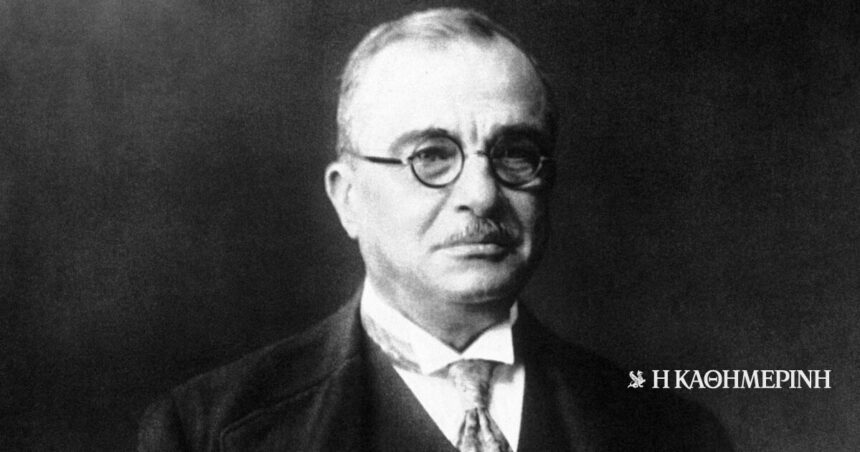The result of ‘law’ referendum of November 3, 1935 was clear. Almost 98% of voters wanted the restoration of Georgiou II And, therefore, the restoration of the reigning democracy in Greece. George II returned to Greece on November 25, accompanied by the successor of the throne, his brother Paul. The dictatorial government of George Kondylis, who had pioneered the monarchy, though he was a fanatical Venizelist, resigned almost immediately. On November 30, George II appointed Prime Minister in place Constantine DemertziProfessor of Law at the University of Athens.
On December 17, elections were announced for January 26, 1936 to set up a new revisionist Parliament. In these elections, the two major political factions emerged almost equivalent: the anti -Venizelian forces elected 143 MPs while the Venizelians occupied 141 seats in the new Parliament. However, the conversion of the Communist party on a regulator of political developments. Specifically, the KKE elected 15 MPs, giving it the opportunity to determine the parliamentary majority if its leadership decided to cooperate electorally with one of the two major political spaces.
Demertzis formed a new government on March 14, while Sofoulis was elected Speaker of the House with 158 votes.
THE Themistocles SofoulisHaving taken over the leadership of the Liberal Party, after the departure of Eleftherios Venizelos in France, he demonstrated the political maturity that his political opponents had not shown after 1924 and said the state issue was considered to be expired for his lineup. Then tried to come to consult with anti -Venizelians to form a cooperation government. The two factions failed to come up with a commonly accepted government solution, which exposed the political impasse. Demertzis formed a new government on March 14, while Sofoulis was elected Speaker of the House with 158 votes, receiving the support of thirteen MPs of the KKE.
In the new government of Demertzis, the position of the Minister of Military was taken over by George II’s suggestion John Metaxasleader of the Anti -Venizelian Liberty Party, who held 7 seats in the House that emerged after the January 26 elections. It was a movement which had the acceptance of both the leadership of the Armed Forces and the Kingwith whom they were well aware of the period of national division, as well as Venizeloswho, a few days before leaving his last breath in Paris, the assignment of the Military Ministry to Metaxas.
The Constitution gave the king to appoint and cease the ministers, by extension the prime minister.
The second government of Demertzis, however, did not long beyond. On the morning of April 13, 1936, the prime minister was found dead in his bed. The causes of his death were attributed to a heart attack. On the same day, George II, without consulting the political leaders of the major parties or the Speaker of the House, appointed the Metaxas Prime Minister. He justified his energy by stressing that the Metaxas choice did not change the political program of the Demertzi government at all. After all, the Constitution gave the free to appoint and cease the ministers, by extension the prime minister. Two weeks later, Metaxas, a capable former soldier who never hid his dislike for parliamentaryism, secured the vote of confidence in the House with 240 positive votes, a sample of parliamentary bankruptcy in Greece.
Column: Myrto Katsigera, Vassilis Minakakis, Antigoni-Despina Poumenidou, Athanasios Syroplakis






